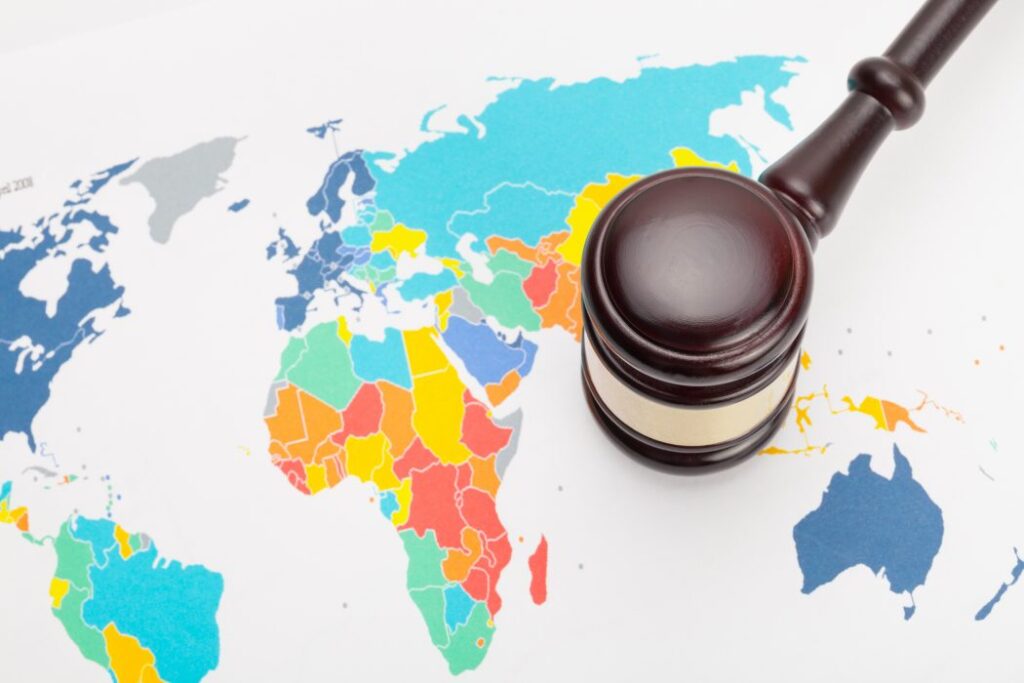INTRODUCTION
Before heading to discuss enforcement let’s elaborate on international law. International law is a body of rules governing relations between and among the states or principles which regulate the conduct and relations of members of the international community. Several scholars have determined international law in multiple arrays. In Benthm’s view international law is a collection of rules governing relations between States. Moving forward to the enforcement which is always a debated subject when it comes to enforcement of international law all nations agree that they are bound by the treaties which they ratify, and most agree that they are also bound by the decisions of international organizations in which they participate. Each source of international law is enforced in various forms.
ENFORCEMENT OF INTERNATIONAL LAW :
Is International Law enforceable? The question is tiresome. The assumption is of course that international law cannot be enforced. The enforcement mechanism was curtain-raised in the UNSC (United Nations Security Council) chapter 7 of the UN charter. Under the provision of this chapter, the United Nations determines the threat of a breach of the peace or act of aggression and may impose mandatory sanctions to try to rectify the situation through Penalties which can be economic, trade embargo, diplomatic, and military. Similarly, to enforce International Law treaties, organizations, and laws are proposed to keep the situations under control. Such as The Nonproliferation Treaty ( NPT) established in 1968 in which P5 countries (United States, China, France, Russia, and the United Kingdom). According to the NPT, no countries are authorized to obtain nuclear weapons but, by joining the NPT they are legal. However, PAKISTAN, INDIA, and ISRAEL acquired the weapons after 1968 which are illegal. The CTBT ( ComprehensiveTest Based Treaty) is also an enforcement agency to take action against the countries creating confrontations. Here, it signifies that somehow International law is enforced through enforcement agencies that maintain peace. Countries are free to prosecute cases in the ICJ(International Court of Justice) by the UN (United Nations).

